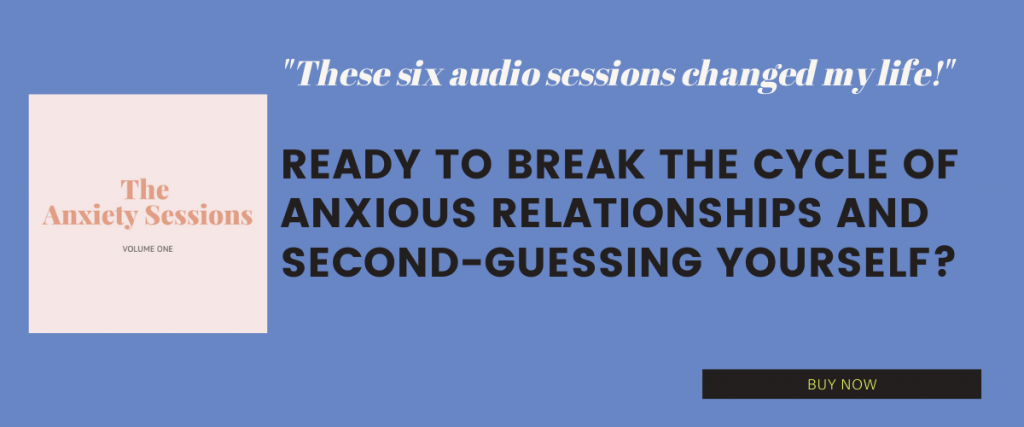Moving too fast in an early-stage relationship or situation sets off your body’s alarm bells. Initially, it feels exciting and enticing to get swept up in things. You might feel flattered, hopeful, relieved, on a high. Of course, when you feel like this, it’s all-too-easy to override those clouds of concern that you’ll ruminate about later. You won’t ask questions or want to say or do anything that rains on your parade.
The moment that something too big to ignore feels off, though, anxiety ramps up. The primal urge to protect you kicks in, but you might feel disorientated due to the previous speed and intensity. You felt as if you were really getting to know someone or that, for instance, the job was going swimmingly, and now you’re confused, worried, guarded, something. You might not feel as if you can trust yourself because there’s a sense of having bypassed you in some way to be at this juncture in the first place. This is especially so in any situation where, intentionally or not, you haven’t been yourself. And in compromising your integrity, you inadvertently feel unsafe to you.
When you feel as if, with the benefit of hindsight, things have moved too fast, anxiety, uncertainty about whether to trust you and a sense of needing to protect you are cues to get grounded.
Retrace your steps.
What has speed and intensity stopped you from saying, being or doing what you need? Identify them and solutions for addressing them now. Anxiety always wants you to reassure you and/or take action.
It’s OK to do the equivalent of filling in the gaps. Someone who has your best interests at heart and wants you to feel comfortable hasn’t got a problem with you slowing down or broaching topics that will allow you to feel safer and secure going forward. Sure, it might mean learning something that you won’t like, but at least you will have your own back and be in the position to do something.
But also don’t assume the worst. Yes, speed and intensity can be a code red alert that you’re in an unhealthy relationship/situation and ignoring you but addressed early enough, you can rebalance. If you stay silent and/or continue to ignore you, that’s where the problems kick in. You might go into fear and defence mode, which affects your behaviour and sabotages a potentially workable situation. The assumption that they’re out to get you or that you’re screwed may be way off-base.
Or, you might continue and put your body, including mind, under a great deal of unnecessary stress to maintain a dangerous illusion. Either way, you won’t feel safe to you. But you will feel safe and trustworthy to you again if you do whatever involves you being more yourself and boundaried.

 Add to favorites
Add to favorites 
